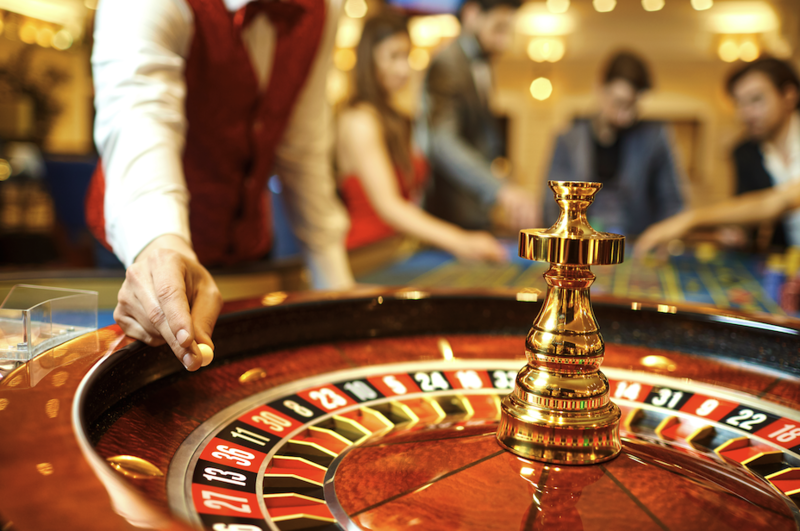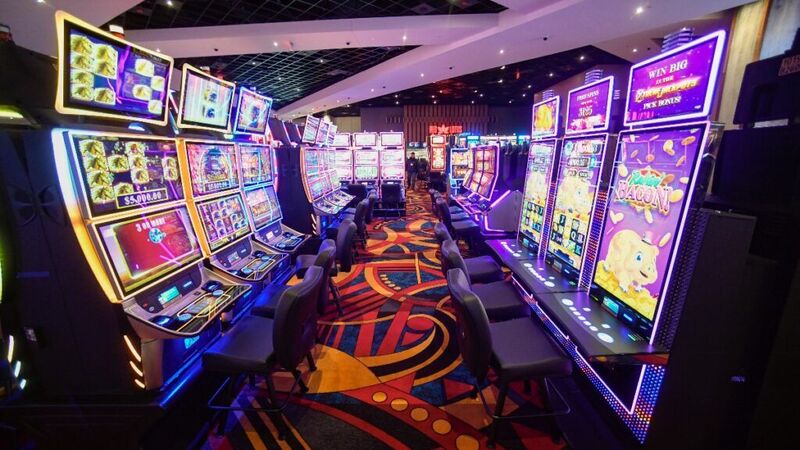
There are 38 slots on a roulette wheel, including 18 red and 18 black, plus two green pockets for 0 and 00. When a metal ball is rolled around the wheel, it has an equal probability of landing in any of these pockets.
Roulette wheels are carefully constructed and balanced to create a randomized result each time they spin. This prevents any number from being favored by the wheel.
Numbers on the wheel
Roulette numbers are arranged in an order that generates suspense as the ball spins. They are also distributed so that odd alternates with even and consecutive numbers of the same color add up to 37. This arrangement is not perfect, but it provides the necessary random distribution for a game that relies on probability.
There are 38 total numbers on the wheel of a European roulette and 37 on an American roulette wheel. American roulette also includes a double zero, which raises the casino’s house edge to 5.26%.
Players can place bets on the number they think will win by placing chips on the table. They can also bet on a group of numbers based on their properties, such as color or parity (odd/even). Regardless of the type of bet they make, the odds are based on probability. It is important to set a budget before playing roulette so you can control your spending habits.
Odds of winning
Roulette is one of the most enthralling casino games for players with years of experience as well as those who are complete novices. While betting systems can help you improve your chances of winning, it’s important to understand the odds and payouts before you play. These factors are critical to determining whether you’re winning or losing.
Besides the red and black bets, there are many other betting options available. For instance, you can make bets on adjacent numbers, colors or even or odd numbers. These bets may pay a little more, but they will still lose you money in the long run.
Many roulette wheels deviate from the truly random outcomes. This can be because the casinos want to rig the game, or it could be due to physical imperfections on the wheel. For example, the ball’s deceleration rate can change over time, which can affect your predictions. Some wheels also have curved frets, which can significantly impact the ball’s final resting place.
Payouts
Payouts for roulette games vary depending on the type of bet placed. Some bets cover a large group of numbers based on their location or color, while others focus on just one number or a small group of numbers adjacent to each other on the betting layout. The payouts for these types of bets are based on the odds that the bet will win. To be more effective in roulette, players should consider diversifying their bets and avoiding chasing losses.
To play roulette, players exchange their casino chips or cash for colored chips unique to the game. The croupier then spins the wheel counterclockwise and releases the ball. The ball will fall into one of the 36 pockets, determining which bets win on that spin. The croupier then marks the winning bet and rakes in the chips from losing bets before starting the next spin.
Variations
Roulette wheels come in different shapes and sizes, which can affect how the ball lands. These differences can also be found between different manufacturers’ roulette wheels. The precision with which a wheel is manufactured and its regular maintenance can make or break a player’s experience.
A well-constructed roulette wheel can withstand the wear and tear of many spins, but minor defects can occur over time. This can include dents, chips, scratches, and unlevel surfaces. This can cause a roulette wheel to favor certain numbers, which can be exploited by expert players.
Even so, roulette remains a game of chance. The jumbled pattern of numbers on the roulette wheel contributes to its unpredictability, but this doesn’t stop players from trying to find patterns that can improve their odds. The best way to increase your chances of winning is to place outside bets. These bets have a lower winning chance than inside bets, but they can still yield large payouts.


